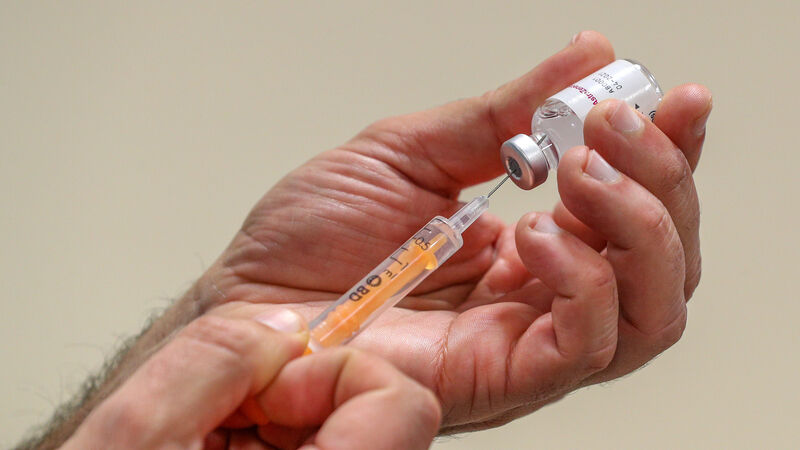Q&A: The EU’s AstraZeneca vaccine dispute and U-turn explained

The European Union has retreated from a plan to override part of the Brexit deal on Northern Ireland over export controls on coronavirus vaccines.
But following widespread condemnation of the move, the EU is facing further criticism over its decision to push ahead with imposing controls on vaccines manufactured within member states.














